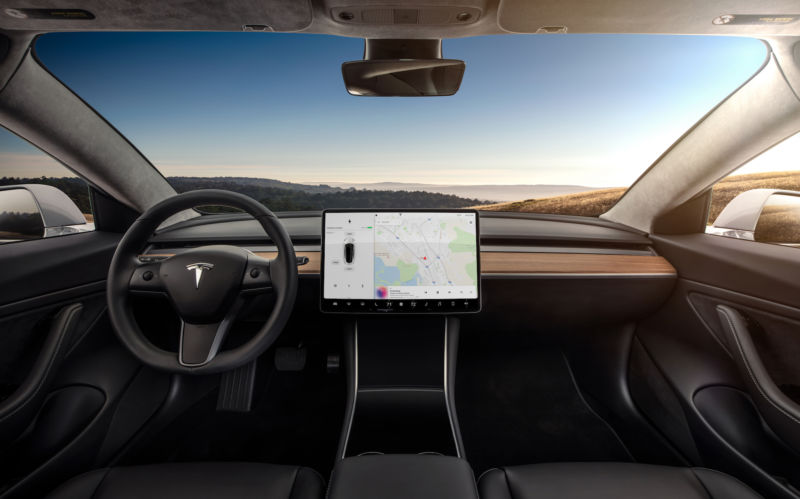
Tesla is wasting no time cashing in on excitement over the company’s forthcoming “full self-driving” software release, which was released in beta form to a small number of customers last week. Tesla has now raised the price of the FSD upgrade from $8,000 to $10,000.
Tesla has tinkered with pricing for the full self-driving package repeatedly over the last two years. In 2018, the package cost $3,000 at vehicle purchase time or $4,000 when purchased later. In 2019, Tesla briefly cut the price to $2,000, angering customers who had paid higher prices. Then Tesla revamped its price structure, making basic Autopilot features standard and raising the FSD package price to $5,000. Tesla subsequently raised the price to $6,000, $7,000, and then $8,000.
Musk has long warned customers to expect the price of the full self-driving technology to continue rising. “If you buy a Tesla today, I believe you are buying an appreciating asset—not a depreciating asset,” Musk said in a 2019 podcast episode.
Musk predicts that Teslas will soon be capable of fully autonomous operation, enabling them to operate as autonomous taxis and generate income for their owners when not in use. He argues that this income-generating potential will make the vehicles worth more than $100,000—which would make even the current $10,000 price a steal.
But it’s worth taking Musk’s pronouncements with a grain of salt. At the time Musk made his comments last year, Musk was also predicting that “feature complete” self-driving software would be released in late 2019 and would be safe enough by mid-2020 for fully driverless operation. He predicted a fleet of thousands of Teslas would be providing driverless taxi rides by the end of 2020.
Needless to say, that’s not going to happen. The first version of the FSD software was just released in beta form last week. Early YouTube videos show the software performing far worse than a human driver, with several serious mistakes during three hours of driving.
So it’s going to be months—probably years—before it’s safe for FSD software to operate without human oversight. And even once Tesla reaches that milestone, that won’t necessarily make the vehicles suitable for use in a driverless taxi service.
Self-driving taxis from companies like Alphabet’s Waymo and GM’s Cruise are custom-designed for that purpose. They have redundant hardware to enable them to recover from any single failure. They have a range of sophisticated sensors. For example, Waymo’s cars have short-range, wide-angle lidar sensors around the base of the vehicle to detect any nearby children or pets that longer-range sensors might miss.
So even if Tesla can develop software capable of driverless operation in the next few years, its vehicles may not have the necessary hardware to make them practical as self-driving taxis. So customers thinking about shelling out $10,000 for the FSD package shouldn’t count on ever getting the money back from a taxi capability.
https://arstechnica.com/?p=1718441

